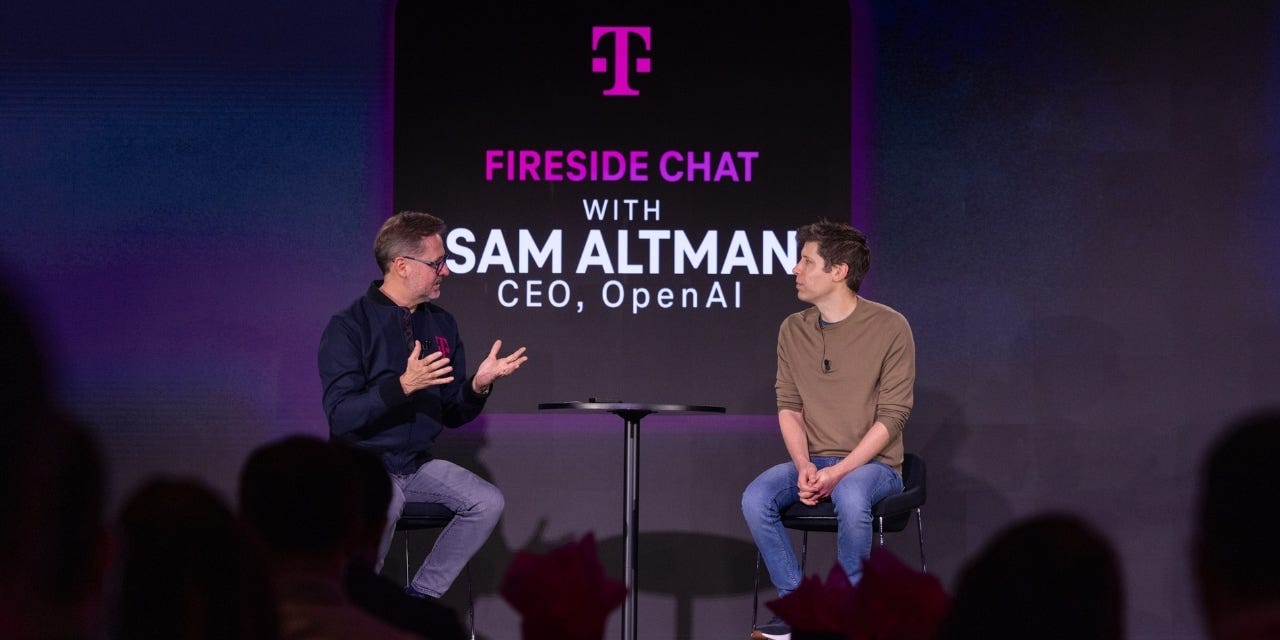T-Mobile's recent announcement of teaming up with OpenAI to develop IntentCX, its in-house virtual agent, is noteworthy for several reasons:
T-Mobile's Track Record: In 2018, the wireless network operator boldly reimagined its customer service operations with its Team of Experts model, becoming an HBR case study. Any strategic move by this innovative disruptor warrants scrutiny.
Holistic Data Leverage: IntentCX aims to improve service by leveraging not only historical customer interactions, but also network experience data. This comprehensive approach illustrates the critical need to tear down data silos across the enterprise for superior customer experiences.
Intent-Driven Engagement: The name "IntentCX" highlights the pivotal role of intent in customer interactions. It builds on AI maturity in deciphering customer intents, enabling tailored responses.
Focus on next-best actions: Traditionally, self-service solutions look for intent and try to handle it, 'containing' the interaction in the self-service domain. T-Mobile IntentCX is positioned as a Decisioning Platform, aiming at taking a much broader set of proactive actions.
Build vs. Buy Strategy: T-Mobile's decision to build its own solution, rather than adopt an off-the-shelf option, reflects a pattern that I see more often in the enterprise. It echoes Dreamforce discussions and Salesforce's acknowledgment of "do-it-yourself" as the nemesis of its new Agentforce offering.
The DIY vs. packaged solution debate is intensifying. While custom solutions offer flexibility and integration with unique business processes, they require significant resources and expertise.
What's your perspective on this debate?



